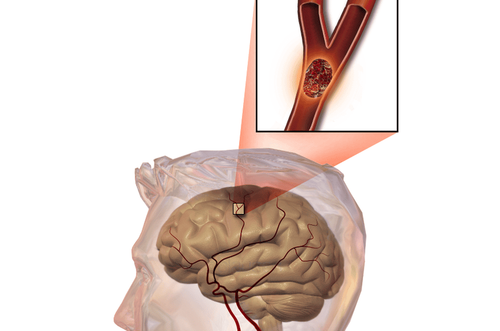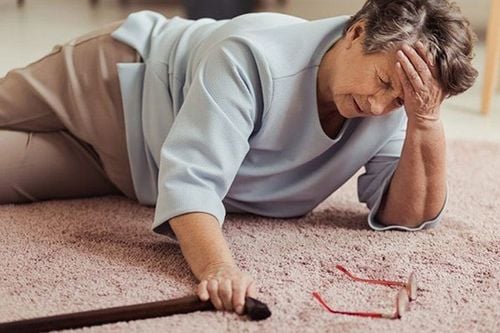Vestibular disorders occur when the transmission and reception of information in the vestibular system are disrupted or blocked. This can result from damage to the eighth cranial nerve, impaired blood flow to the brain, or other injuries affecting the inner ear and brain. As a result, the vestibular system loses its ability to maintain balance, leading to symptoms such as unsteadiness, dizziness, vertigo, tinnitus, and nausea.
Recurrent episodes of vestibular disorder symptoms that appear suddenly can cause significant discomfort, greatly affecting a person's daily life and ability to work. Many people are concerned with questions such as: "What should I do if I have a vestibular disorder?" "What should I drink?" "What should I eat?"
There are various causes of vestibular disorders, including changes in weather, poisoning (due to chemicals, medications, or food), and underlying medical conditions such as cerebral circulatory disorders, cervical spondylosis, hypertension, and brain-related diseases like brain tumors, cerebellar tumors, or vestibulocochlear nerve tumors.
Vestibular disorders may last only a few days and then resolve, but they can also persist and recur multiple times. This condition significantly affects a patient's daily life and work and can lead to dangerous complications. If a person experiencing vestibular disorder tries to move around, they may fall and suffer injuries such as fractures or even traumatic brain injuries. The most severe complication of vestibular disorders is a stroke caused by poor blood flow to the brain.
Vestibular disorders can be treated effectively, preventing recurrence and complications if patients follow the correct and active treatment regimen. Patients should not self-medicate, as some drugs may cause adverse side effects that could negatively impact their health.
In addition to taking medication for vestibular disorders, patients should engage in regular, gentle exercises, especially for the cervical spine, to promote blood circulation and reduce brain ischemia. For elderly individuals who suddenly experience dizziness, severe headaches, high fever, blurred vision, vision loss, or hearing impairment, it is essential to seek medical attention, as these may be complications of vestibular disorders. Moreover, patients with vestibular disorders should actively manage chronic conditions such as low blood pressure, hypertension, and high blood cholesterol to support effective treatment. Vestibular disorders can lead to serious complications, including injuries and strokes. Therefore, patients must follow their doctor's prescribed treatment plan to improve their quality of life and minimize the risk of unpredictable complications.
Please dial HOTLINE for more information or register for an appointment HERE. Download MyVinmec app to make appointments faster and to manage your bookings easily.













